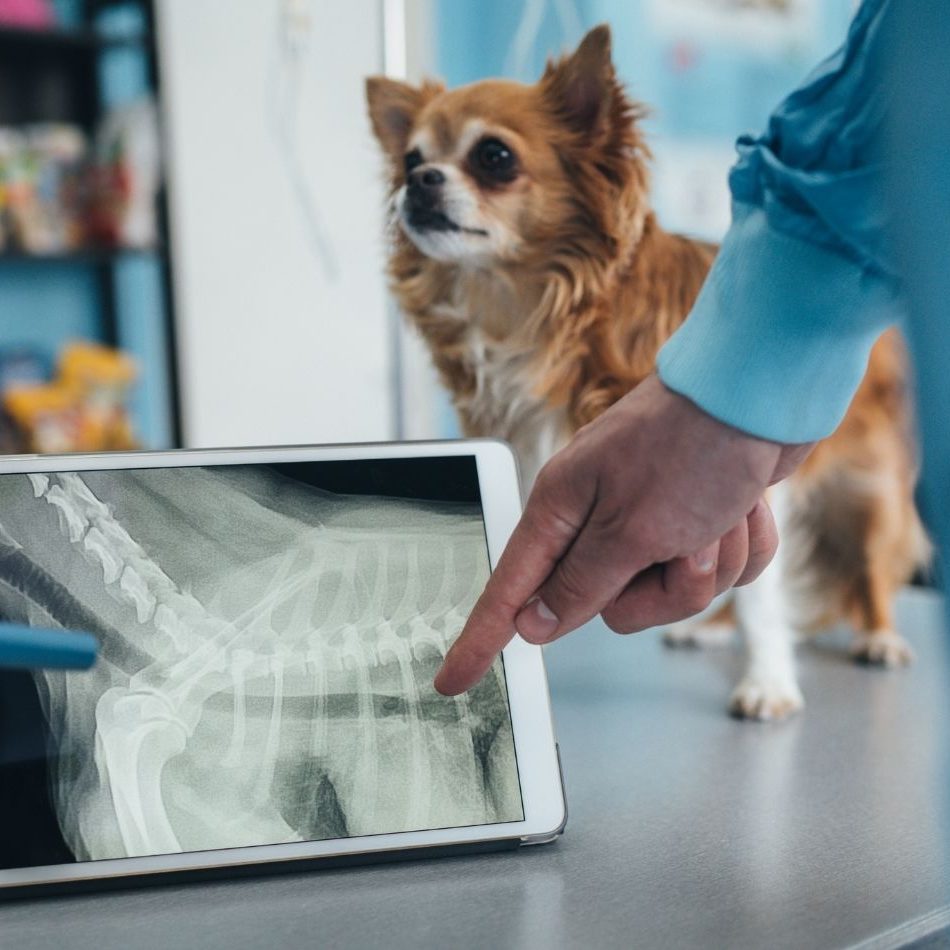Wellness & Prevention
Wellness and Preventive veterinary medicine focuses on preventing diseases, managing health risks, and promoting the overall well-being of animals before they develop serious health issues. This includes services such as regular exams, vaccinations, parasite control, dental care, nutritional guidance, and early detection of potential health problems through regular lab work and diagnostic tests. By catching health problems early and addressing risk factors proactively, preventive care helps avoid costly and often invasive treatments.


Dentistry
Veterinary dentistry focuses on the diagnosis, treatment, and prevention of oral health issues in animals. Dentistry is important for the overall health and well being of our pets. Oral health issues can lead to pain, difficulty eating, and a reduced quality of life for animals. Beyond discomfort, untreated dental diseases can contribute to serious systemic health problems, such as infections that affect vital organs like the heart, liver, and kidneys. Regular dental care can prevent these issues, promoting better nutrition, longer lifespans, and improved overall health for pets. In addition, good dental hygiene can help prevent the development of costly and complex health conditions, making veterinary dentistry a crucial aspect of responsible pet care.
Surgical Services
We are able to perform many soft tissue surgeries, spay, neuter, mass removal, cystotomy, exploratories, to name a few.


Internal Medicine
Internal medicine focuses on diagnosing, treating, and managing diseases that affect the internal organs of animals. This includes a wide range of conditions related to the heart, lungs, kidneys, liver, digestive system, endocrine system, and immune system.
Dermatology
Environmental allergies are very common in our community. Dermatology focuses on the health of the skin. focuses on the diagnosis, treatment, and management of skin, hair, and nail conditions in animals. This includes a wide range of issues such as allergies, infections (bacterial, fungal, parasitic), autoimmune diseases, skin tumors, and hormonal imbalances that affect the skin.


Diagnostic Imaging
Common imaging techniques include X-rays (radiography) and, ultrasound which helps to visualize the internal structures for the purpose of diagnosing diseases, injuries, and other health conditions.
End of Life Care
End-of-life care focuses on providing comfort, support, and compassionate treatment for animals with terminal illnesses or conditions that significantly impact their quality of life. It often involves a combination of palliative care (to alleviate discomfort), hospice care (to provide emotional and practical support to both the pet and their owners), and, in some cases, euthanasia when it is the most humane option.


Health Certificates
Our doctor is USDA accredited and can assist in International and Interstate Health Certificates as well as health certificates for sale.
